Trending Article · 17 mins read
Natural Hair Oils: All You Need to Know
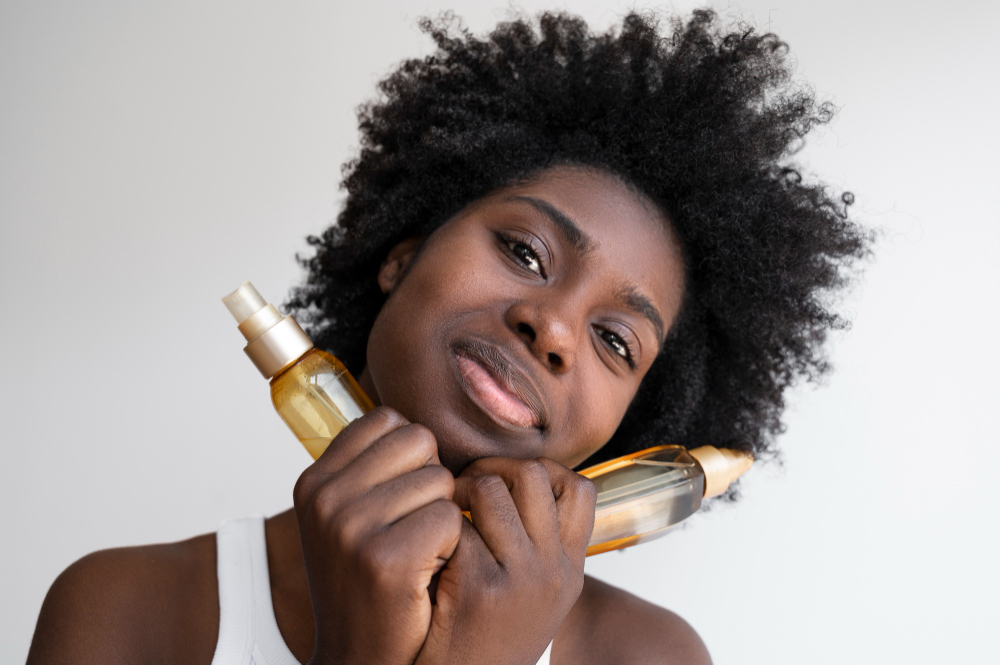
Natural hair oils are a staple in every hair care kit.
But why the fuss about oils? What makes them essential? What do you need to know about natural hair oils?
To begin, let's define natural hair oils.
What Are Natural Hair Oils?
We'll define two forms of natural hair oils.
One form is natural hair oils produced from within. These oils are known as sebum, which are oils produced by the scalp’s sebaceous glands. This oil can also be: squalene, and fatty acids (oleic acid).
The second form (which this article is all about) is plant-based oils that are used specifically for natural hair care. Both oils play a crucial role in healthy hair and scalp maintenance.
So, would it really be fussing if we say oils must be a part of your hair kit? Think about it.
For now, let's talk about types of natural hair oils.
Types of Natural Hair Oils
There are mainly two types of natural hair oils. The essential oils and the carrier oils. What are they?
Essential oils are concentrated plant extracts that capture a plant's natural scent, flavor and therapeutic properties. These oils need to be properly diluted before use or added to a product. Direct use can lead to skin irritation. Examples of these oils are: tea tree, peppermint, rosemary, lavender, etc.
Carrier oils- also plant extracts- are base oils used to dilute essential oils before applying them to your hair. In a sense, they “carry” the essential oils, by diluting their potency, enhancing their absorption and reducing skin irritation. Examples of these oils are: the very popular 😃 coconut oil, argan oil, sweet almond oil, jojoba oil, castor oil, etc.
These oil types have different weights, which also play key roles in how they are used. Let's talk about oil weights.
Classification of Natural Hair Oils Based on Weight
Based on weight, natural hair oils can be classified into heavy and light oils.
Lightweight oils are oils that have lower molecular weight. This low molecular weight makes their absorption faster. They don't have a tendency to solidify, so they remain liquid at room temperature.
Heavyweight oils are oils with a higher molecular weight. This heavier mass makes their absorption slower. These oils may solidify at lower temperatures because of their weight.
The image below classifies some natural hair oils based on their weight.
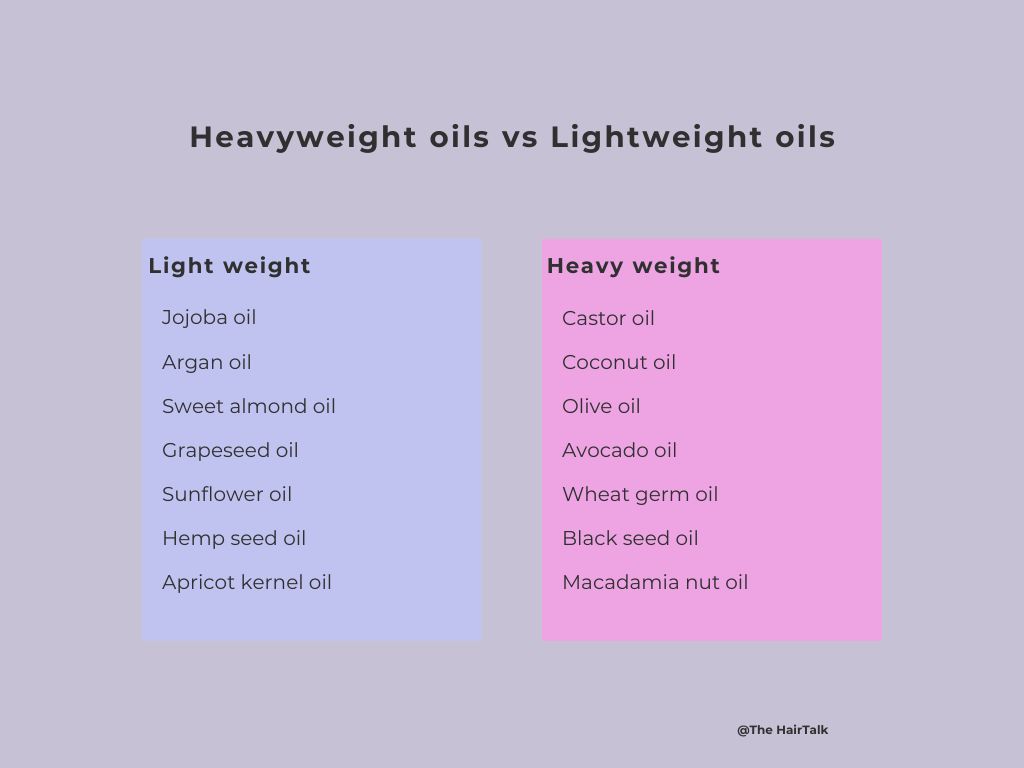
So, why is this noteworthy? Remember that oils are necessary for sealing moisture. When you know the weight of an oil, you can determine if it has sealing or penetrating properties.
Let's find out which oils can seal and which oils penetrate.
Natural Hair Oils That Seal Moisture
We like to define oils that seal moisture as those that “glaze” the hair strand. They sit on the hair strand, holding in moisture, making the hair shiny and protecting it. These oils generally reduce friction between hair strands and enable your comb to glide through easily. They help your hair strands feel conditioned, giving you that glossy look.
Example of sealing oils are: jojoba, castor, argan, hemp, grapeseed oils, etc.
Natural Hair Oils That Penetrate The Hair Shaft
We can say these are oils that nourish your hair from inside, out. That is, when you apply them their molecular structure makes it easy for them to penetrate the hair shaft. You can also call them moisturising oils
These oils perform best when they are slightly warmed or heated, a simple rubbing between the fingers can also do the trick of warming them up.
Example of penetrating oils are: coconut, olive, avocado oils, etc.
Does this mean you should strictly use these oils for only penetrating or sealing purposes?
No. Here is why. Every hair composition is different, while your hair might love a particular oil as a sealant, another natural might use that same oil as a penetrant.
So, be flexible, see how your hair accepts the oil you use and follow up in that pattern; the end goal is to achieve healthy hair.
Natural Hair Oils and Their Uses
1. Coconut oil
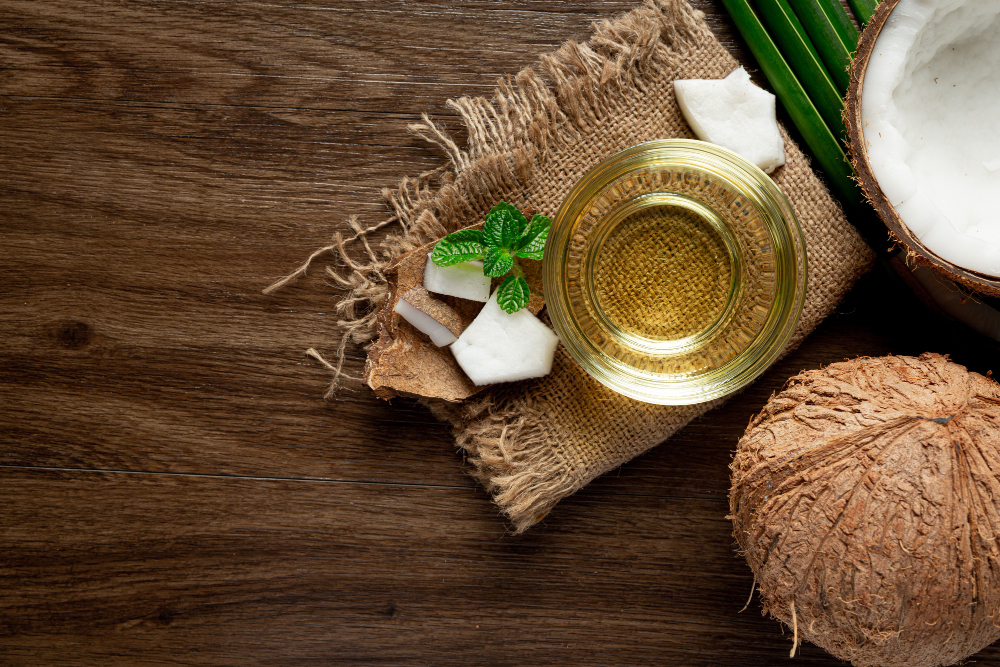
Coconut oil has amazing deep conditioning qualities. As we already mentioned, it's a penetrating oil, so it has nourishing properties which make for healthy hair.
2. Black castor oil
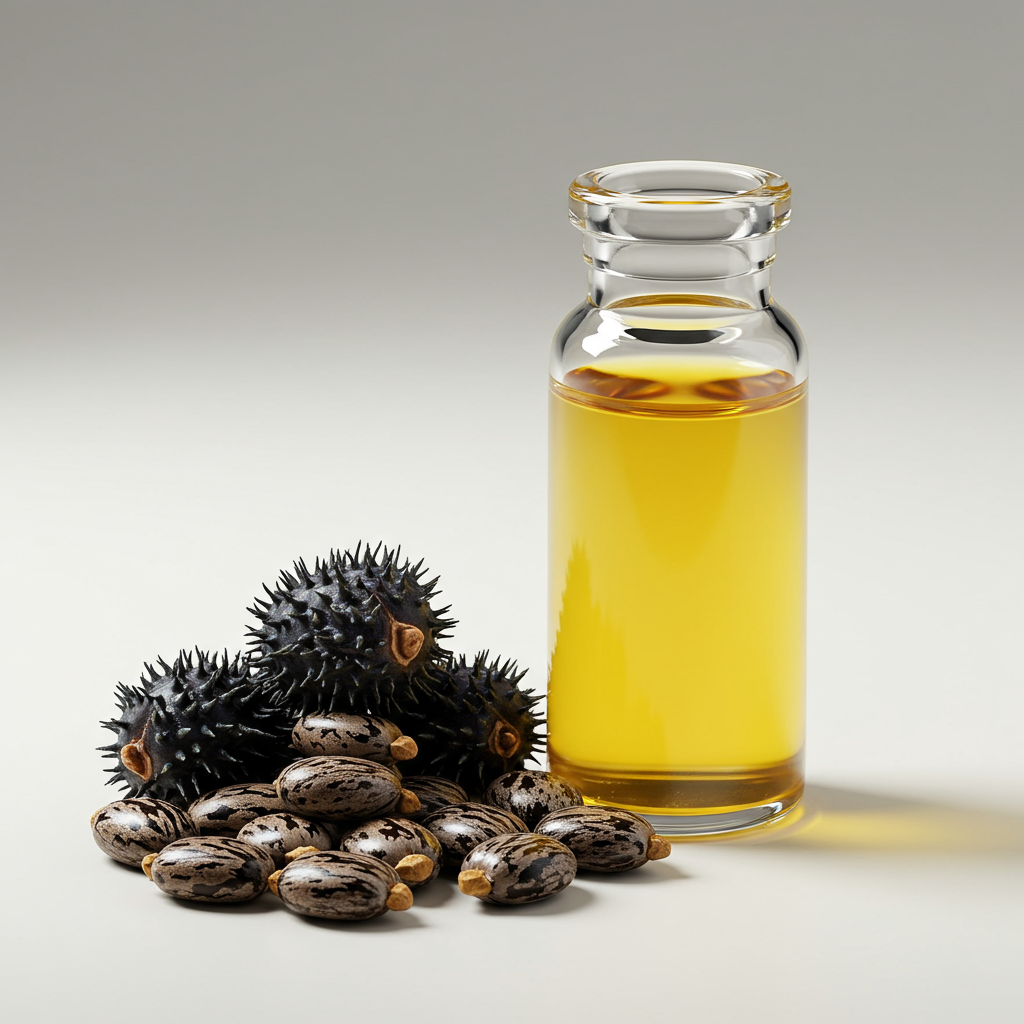
Black castor is an oil rich in fatty acids and Vitamin E. It's popular for its hair-growing properties. We can attribute this to the fatty acids that stimulate circulation in the scalp, which in turn increases hair growth. Castor oil is a good humectant and moisturizing oil.
3. Avocado oil
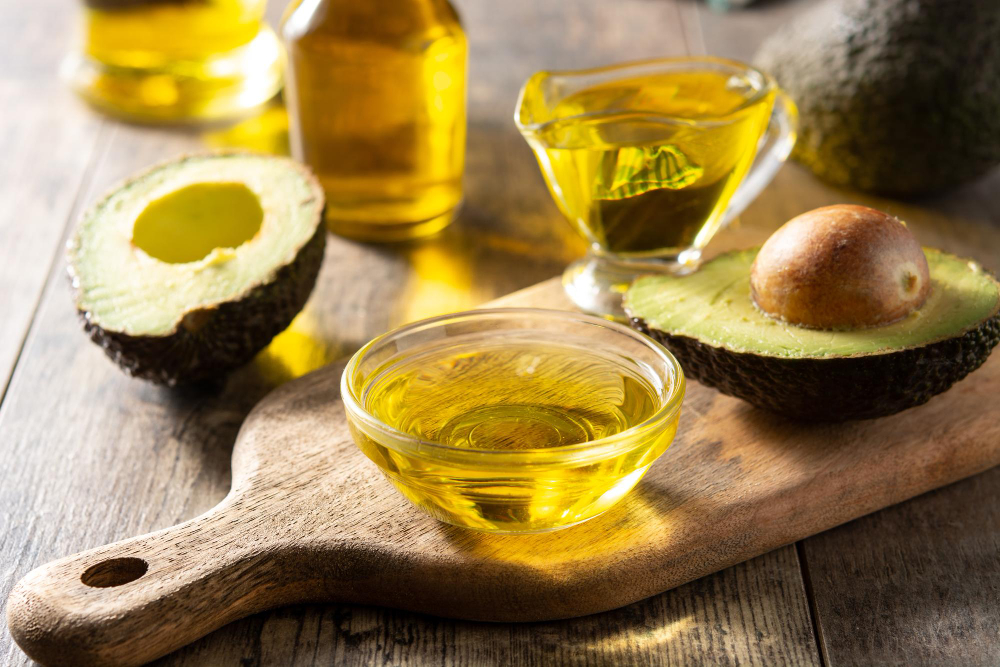
Avocado is great for protecting the hair strands. An effective sealant, rich in vitamins A, B, D and E. Other nutrients like proteins, iron, folic acid and more. These nutrients promote a healthy scalp, hair growth and shiny strands.
4. Argan oil
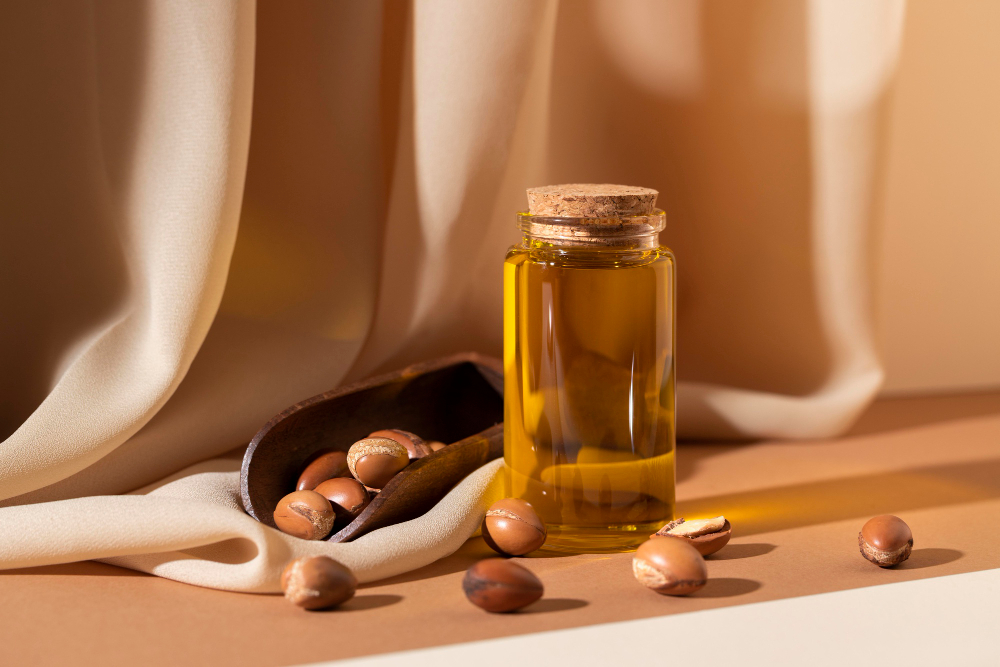
Argan oil is perfect for renewing and restoring damaged hair. It can also add shine to hair strands and tame frizz.
5. Olive oil
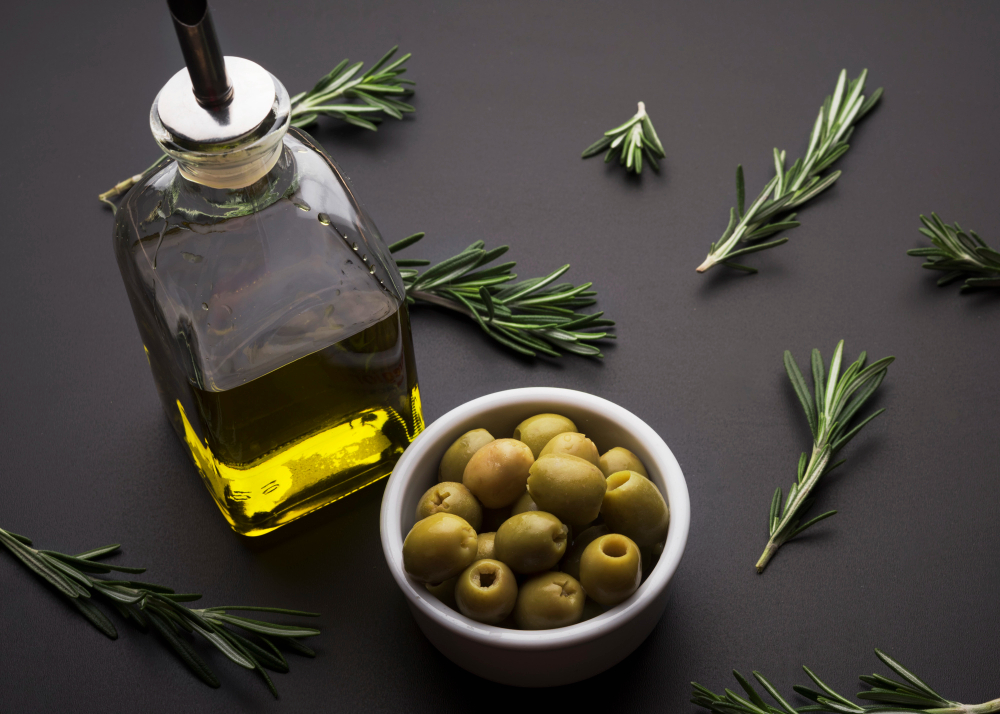
Olive oil is great for hydration and sealing moisture. It also prevents hair breakage.
6. Sweet almond oil
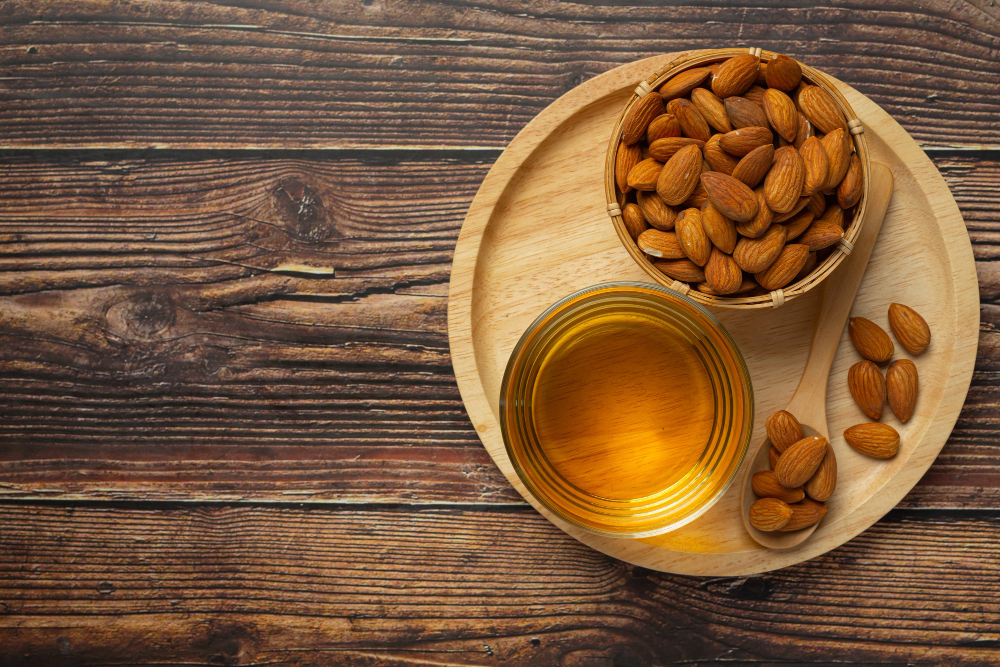
This lightweight oil contains high levels of protein and vitamins A, B, D and E, nutrients that give it the ability to stimulate hair growth, soften strands. Almond oil has anti-inflammatory properties that can help with an itchy scalp. If your hair seems dull, lacks lustre and is just damaged, sweet almond oil will help bring it to life.
7. Tea tree oil
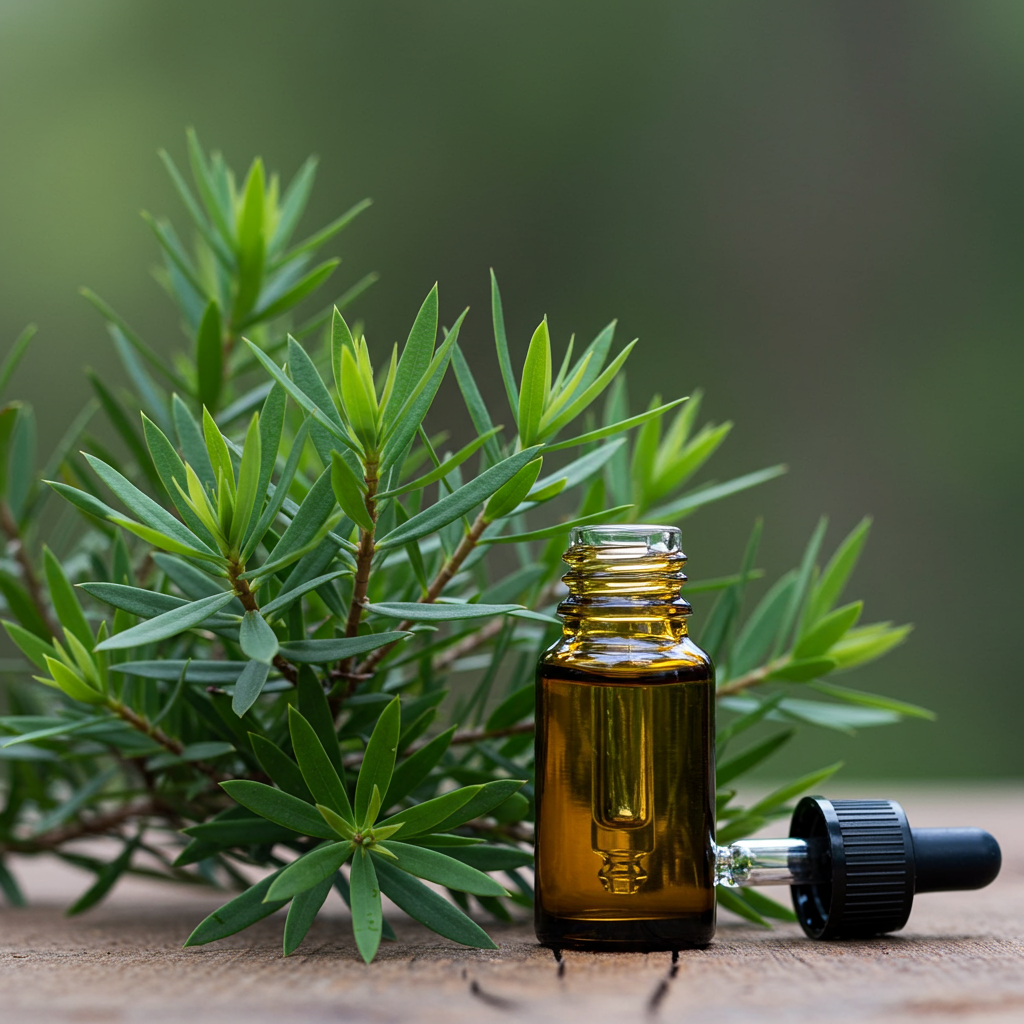
Tea tree oil is known for its ability to soothe a sensitive scalp. Its antimicrobial, antiseptic, antifungal and anti-inflamatory properties help treat dandruff and dry scalp. It leaves your hair feeling moisturized and refreshed. It leaves your scalp feeling relieved.
8. Jojoba oil
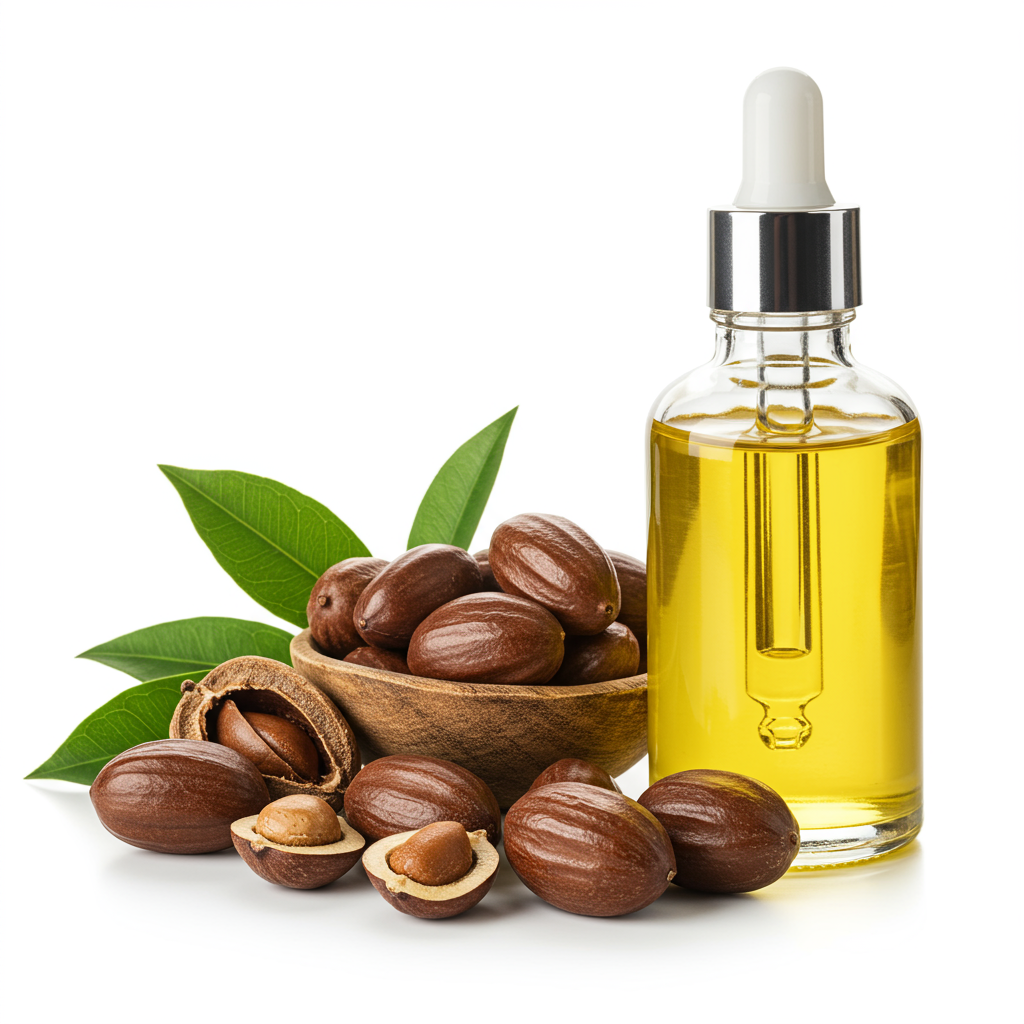
Jojoba oil is the scalp and hair strands nourished and hydrated. Jojoba oil has antibacterial properties which detoxify and fight scalp inflammation. It can also stimulate hair growth by promoting the growth of new cells.
Based on the oils we've talked about, the image below shows what natural hair oils you can use based on your hair's needs or hair goals.
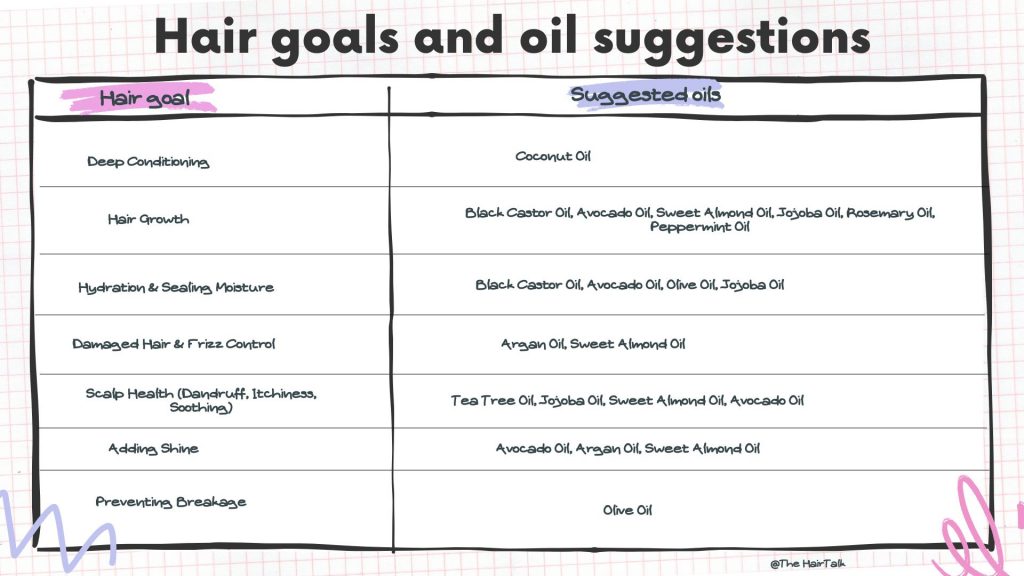
Wrapping up
The importance of natural hair oils cannot be overemphasized in hair care. They are lubricants that help your hair achieve maximum health and glow. Remember that the best way to use oils is based on how they work for you, your hair.
Would you like to share your experience with oils and how they have worked for you? We’d love to hear it. Join the community
Feature image: Image by Freepik